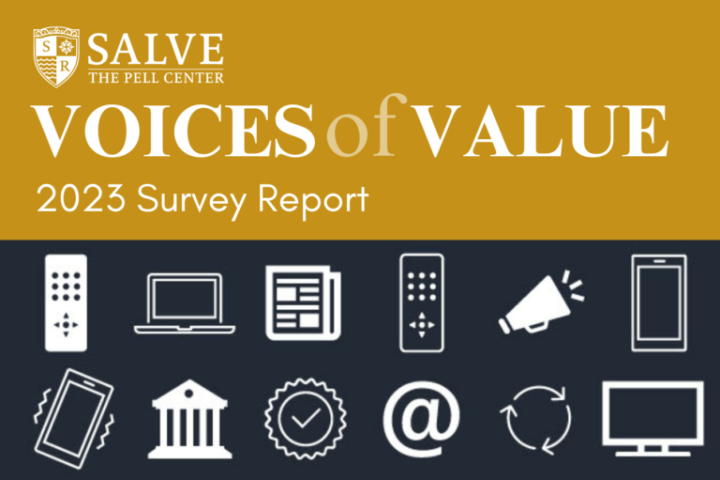
Voices of Value
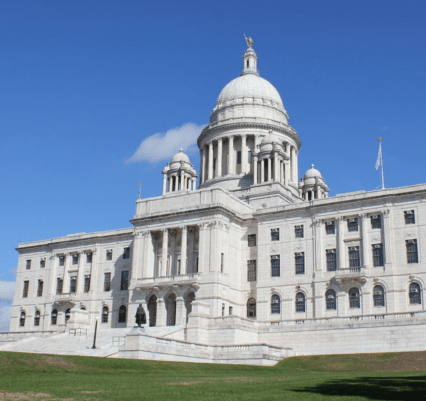
Since the mid-1990s, the percentage of Democrats and Republicans with highly unfavorable views of the opposing party has tripled (Pew, 2022).
But while negative views of the "other" have risen, policy stances and ideologies have not become more extreme. Political polarization in the United States is thus characterized by a growing distrust of those on the other side, rather than stark ideological differences.
Voices of Value is a survey project to unpack the nuances of political polarization, understand media consumption habits and track support for various political actors.
Survey Reports
June 2025 Survey
The June 2025 survey—the fourth installment of the Voices of Value project—shows state Democrats and Republicans are living in different realities.
Well over half of Rhode Islanders believe the United States democracy is not healthy, but Democrats are the most likely to agree: 80% say our democracy is not healthy, more than twice as many as the percent of Republicans (34%). Republicans are seven times more likely to agree that our democracy is healthy than they were one year ago. On the economy–a hot button election issue–three-quarters of Republicans (76%) believe it is thriving, while 73% of Democrats believe we are in a recession.
Survey respondents also answered questions about state legislative issues, media consumption habits, and perceived levels of political polarization.
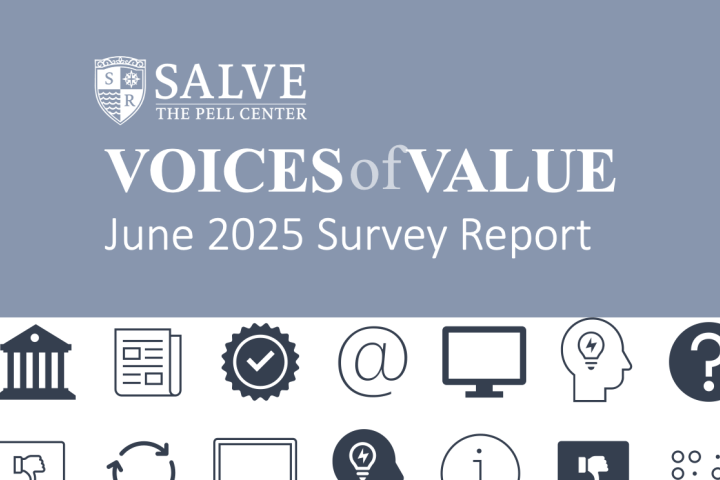
September 2024 Survey
In the third installment of the survey series, Kamala Harris led Donald Trump by 14 percentage points among likely voters in Rhode Island two months before the presidential election.
The presidential race in Rhode Island seemed to hinge on only a handful of issues. When asked about the issue most important in determining their vote, Republicans cited immigration and the economy as their top concerns, while Democrats were motivated by the health of American democracy and reproductive rights.
Likely voters also answered questions about the health of U.S. democracy and media consumption habits.
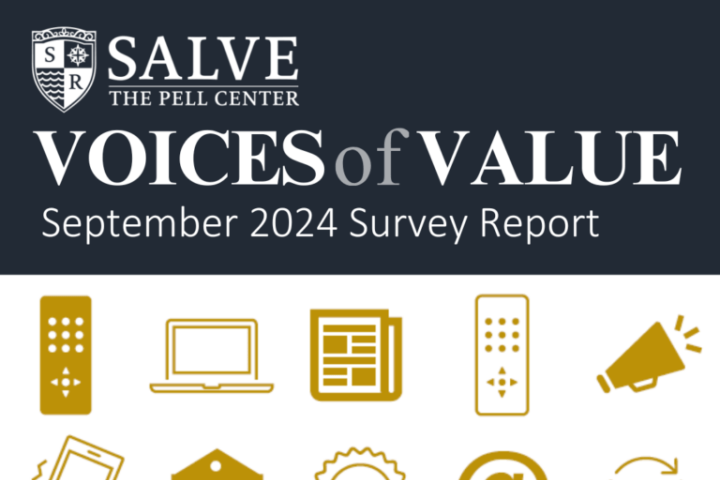
June 2024 Survey
In the second Voices of Value survey, likely voters in Rhode Island answered questions about the upcoming elections, contributors to political polarization, the health of U.S. democracy and their news consumption habits. The survey also asked about Rhode Island-specific affairs, including job performance of state officials.
Rhode Islanders were generally concerned about the impact of misleading information on the 2024 election cycle and over two-thirds avoided the news, at least sometimes.
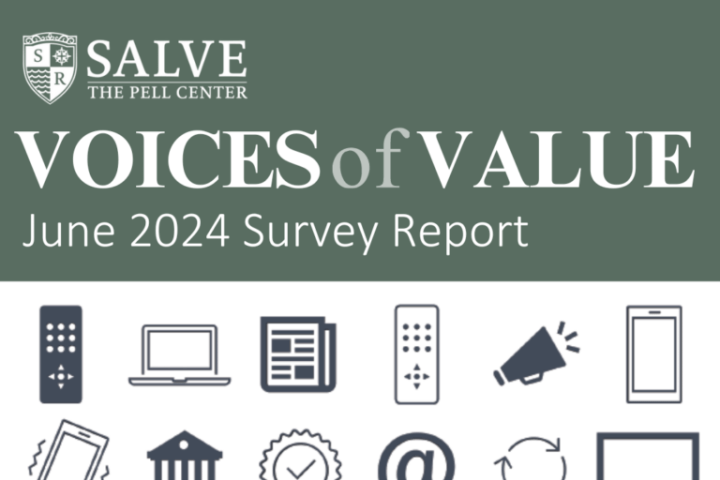
November 2023 Survey
As the first component of the project, a Pell Center poll was conducted to better understand Rhode Islanders’ views on important and timely political issues facing both the state and the nation.
Registered voters in the Ocean State answered questions on topics like the health of U.S. democracy, the top contributors to polarization and trust in news media. The data showed Rhode Islanders were generally concerned about the health of U.S. democracy and rising levels of political polarization, but the root causes of concern varied starkly by political party affiliation.
